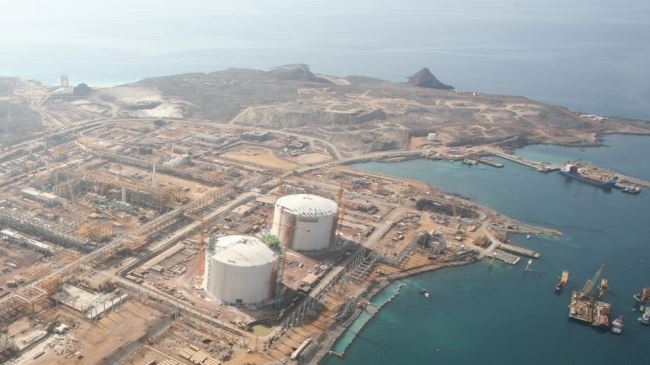
Al-Qaeda-linked groups in Yemen have threatened to attack facilities belonging to the French oil company, Total.
In a message posted on Twitter on Sunday, militants described the facilities owned by the French energy producer in Yemen as “legitimate targets” for their operations.
They cautioned Muslims who work for Total in Yemen to stay away from the buildings.
Yemeni militants claim Total facilities are used as a base to launch drone strikes on their members and bases in Yemen.
The terrorist group also claimed responsibility for two failed Katyusha attacks on a gas liquefaction plant co-operated by Total.
The Thursday rocket attack on Balhaf gas export terminal on the Gulf of Aden left no casualties or material damage, according to the facility’s administration.
Total has 39.6-percent stake in the Balhaf terminal, which is Yemen’s largest-ever industrial project.
The multi-billion dollar facility went into operation in 2009 and has been used since for export of liquefied natural gas to Europe and Asia.
Over the past months, al-Qaeda-linked militants have frequently carried out attacks on Yemen’s industrial and economic infrastructure. They also target security forces, civilians and diplomatic staff.
Yemen’s central government has so far failed to confront the terrorist threat.







